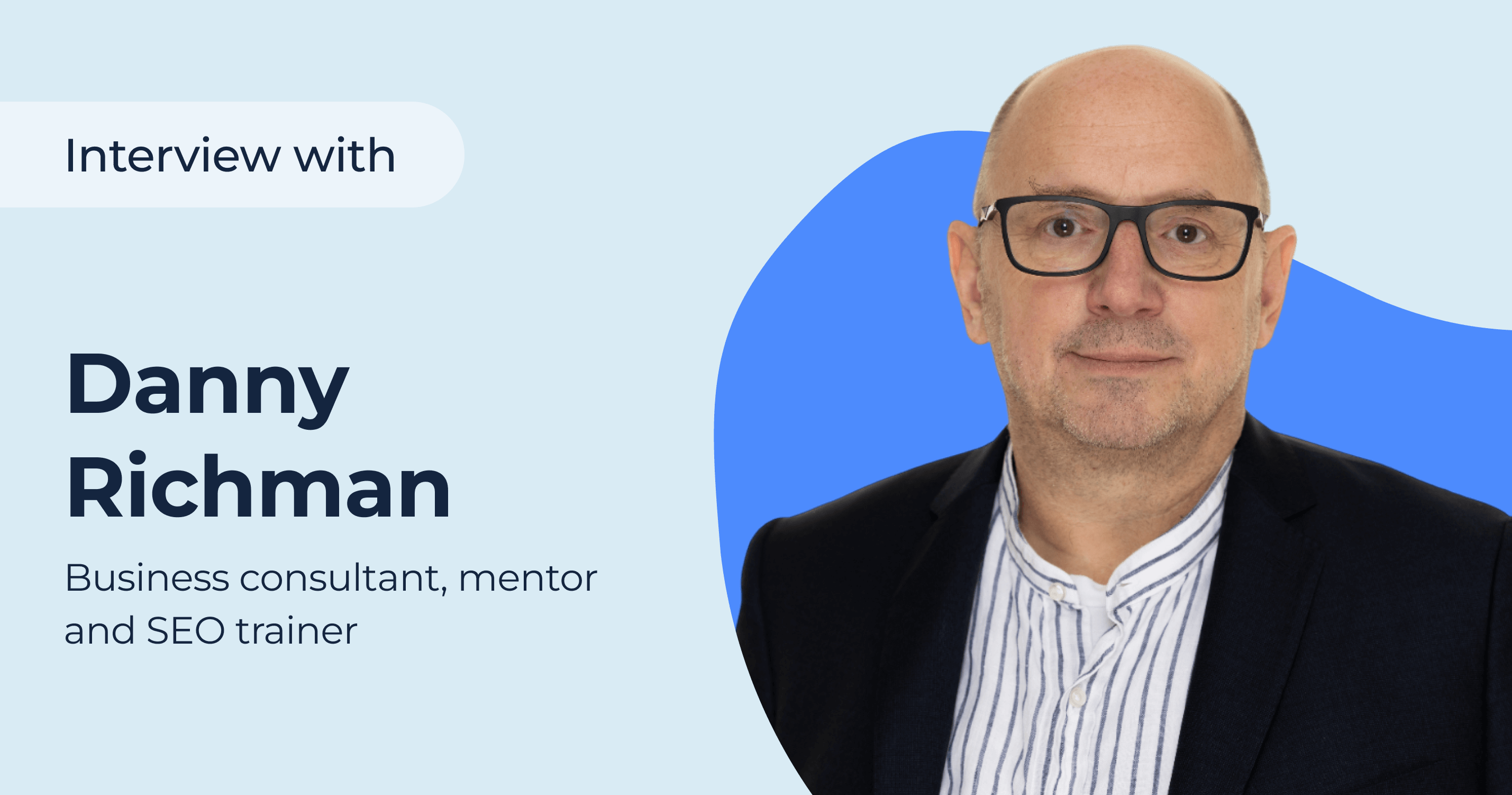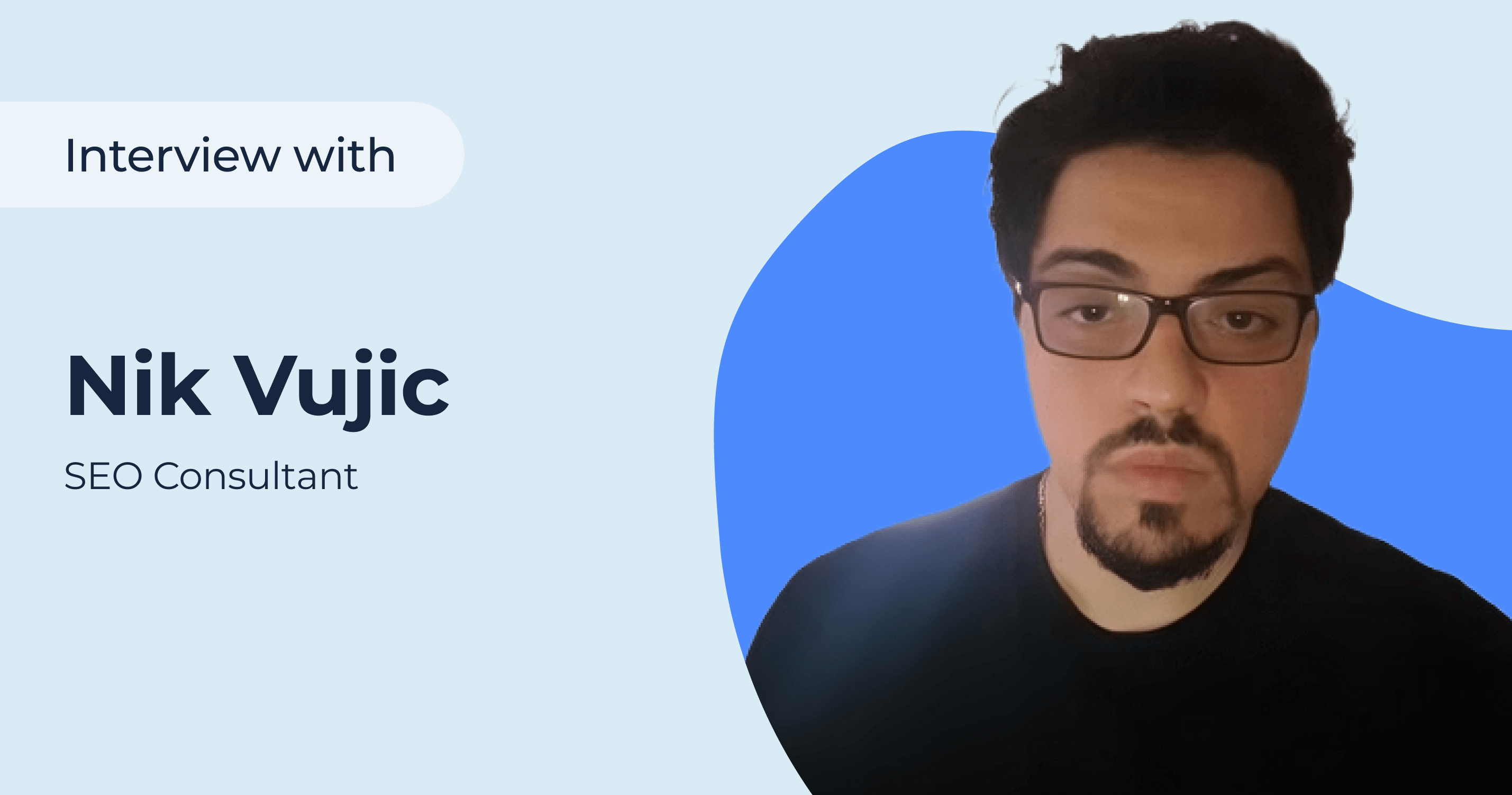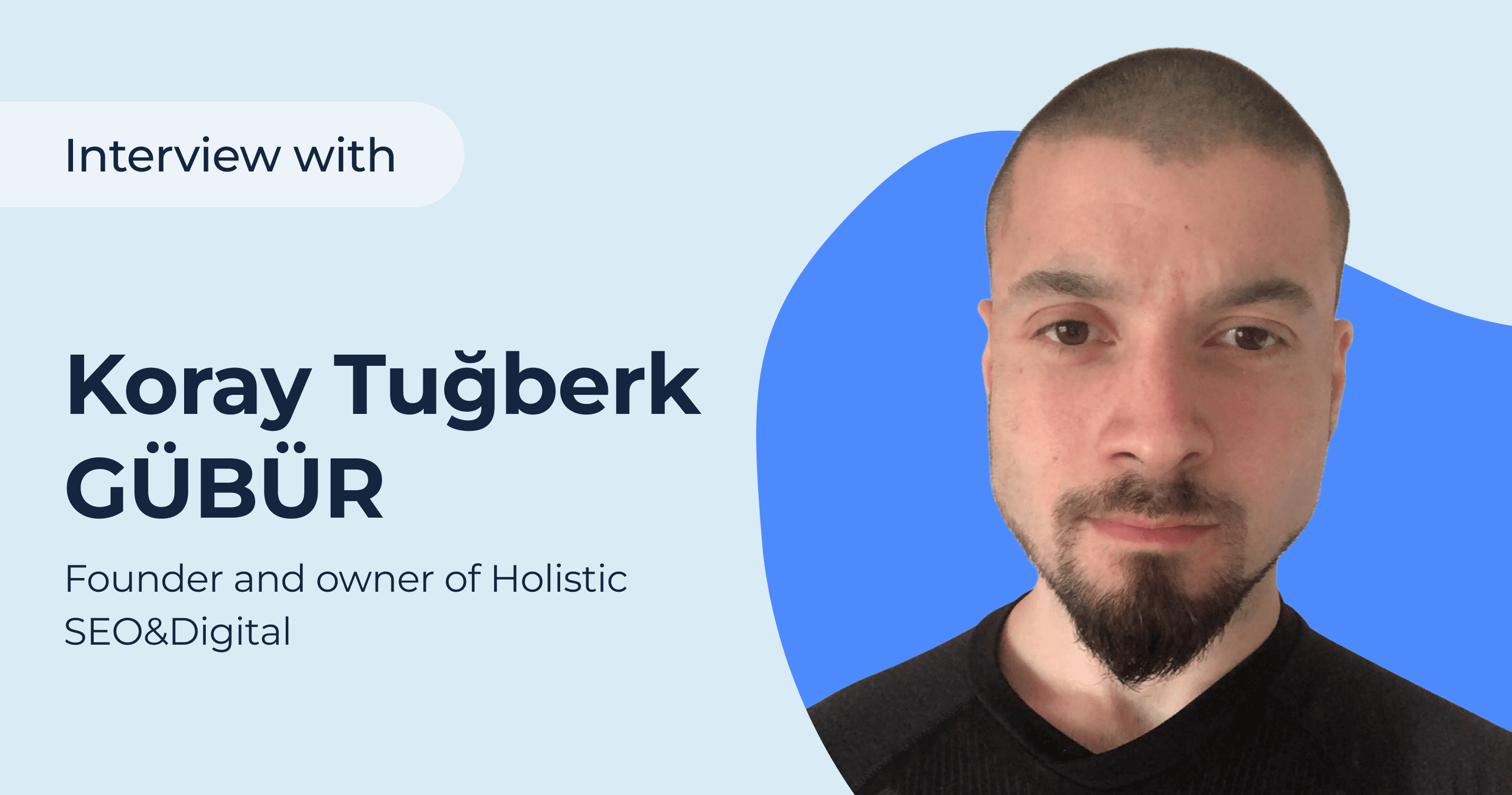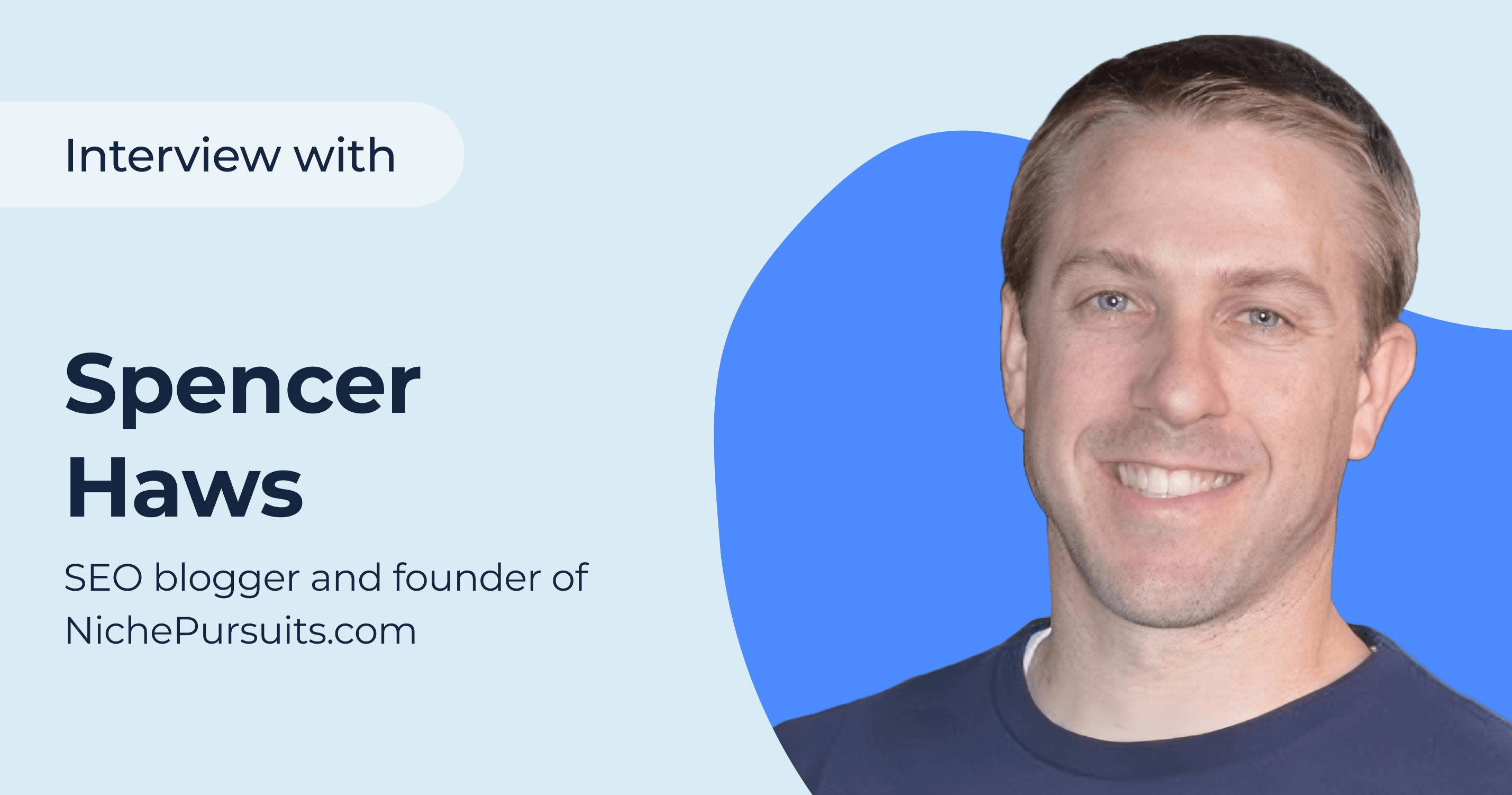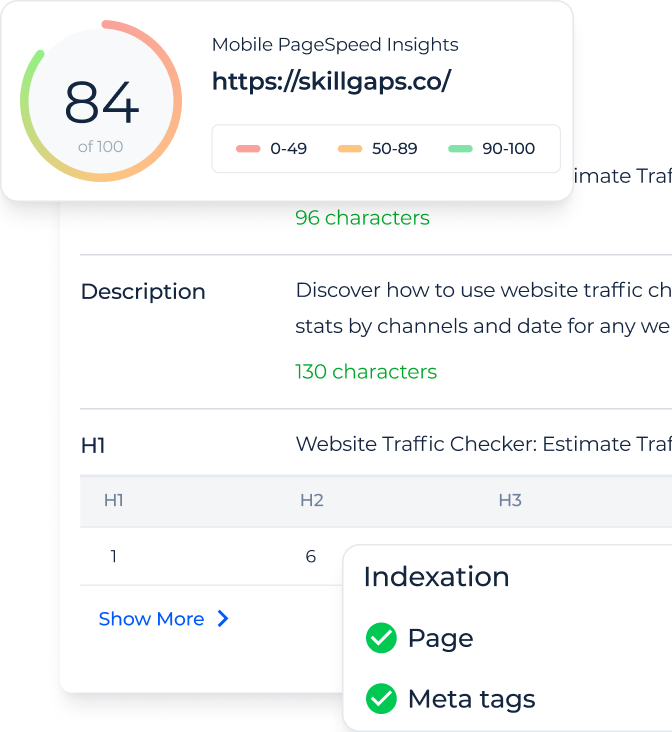Danny Richman is the founder of Richman SEO Training. Danny has been helping organisations grow their online traffic since the birth of the internet. His clients include BBC, Vodafone & Salesforce. Danny also volunteers for the Prince’s Trust supporting disadvantaged young people to start their own businesses. To get more SEO insights from Danny, follow him on Twitter.
1. How did you get into SEO?
I founded a software company in the early 1980s, which I then sold around ‘97. At the time, I wasn’t planning to get back into tech, but the web and Google came along, and I was hooked.
At first, I was learning SEO for my own sites. Then friends asked for help with their sites, and it just snowballed from there.
I now mostly do SEO training and pure consultancy and less execution. I advise in-house marketing teams on devising and implementing their SEO strategy.
2. Have you learned anything particularly helpful in your SEO journey?
I’ve never been interested in sneaky, short-term tactics. Even if they work, you then have to worry every time Google does an update. By staying focused on serving Google’s users, I know my strategy will always be aligned with Google in the future.
3. What projects have you launched recently that you are proud of?
For the past 18 months, my work has slowly moved away from SEO and towards AI/ML. I recently developed an AI app for a friend of mine with dyslexia. That app will soon be made available for all dyslexic people to use free of charge.
4. In your opinion, what are the SEO trends in 2023?
There is no doubt that AI will have a significant impact on SEO. Many publishers are now using it for content creation. Personally, I find AI more helpful for improving SEO processes such as keyword research, clustering, and classification. We will soon see AI applied to technical SEO, with site issues being fixed automatically. AI will be built into every major CMS, replacing many tasks that currently require human consultants.
5. What forms of content are working out the best for SEO now?
The best forms of content are those that serve the site’s target audience and Google’s users. I am not too interested in the latest content trends. SEO is an investment that should provide a return over decades, not just a few months.
6. Have you ever generated content with AI tools? If yes, please share your findings after generating and posting AI content.
No. However, I have used AI to generate content ideas and outlines. I don’t yet feel it can match the quality of skilled writers and subject-matter experts.
7. What do you think is the one rule that helps improve ranking?
Focus on Google’s users and everything else will fall into place.
8. SEO is such a controversial thing. Every SEO specialist rates its success differently. What is your way to rate SEO success? What metrics do you look at?
Understand your client’s goals and objectives and track whether or not you are meeting those goals.
9. You are one of the brightest and most experienced SEO trainers. What is the most common problem your students struggle with the most?
Many businesses look for shortcuts, quick fixes, or “trade secrets”. My first challenge is to educate clients away from this mentality. Next, I try to make them aware that SEO is a long-term investment that rewards the most patient.
10. What do you learn about SEO from providing SEO training?
Teaching forces me to make sure my knowledge is always up to date. Teaching is the best way to learn any subject.
I have learned that there are better ways to learn SEO than by offering pre-packaged SEO courses. Instead, I adapt my training to suit every client and make it wholly relevant to their business, site, industry, and competitors. It is much more likely that they will retain and apply the training when it’s entirely relevant to their needs.
11. Have you ever used black hat and gray hat SEO tactics? What do you think about them?
When Google first launched, it was easy to manipulate its algorithms by cramming keywords and building low-quality links. I found black hat SEO unsatisfying and was delighted when Google improved its system to weed out low-quality sites.
I have no argument with anyone still using black hat tactics. However, it seems to me that the effort now required to avoid detection is at least equivalent to the effort required to comply with Google’s guidelines. In some of the more competitive and unethical industries, there’s probably little option but to use black-hat tactics.
12. What are 3 core skills that will help advance an SEO career?
Curiosity, patience, and a hunger for learning.
13. What have been the most influential books, podcasts, or other resources?
Twitter is my primary source of SEO news and information.
14. The best piece of career advice I have ever been given is…
Focus on building a reputation and be generous with your time and knowledge.
